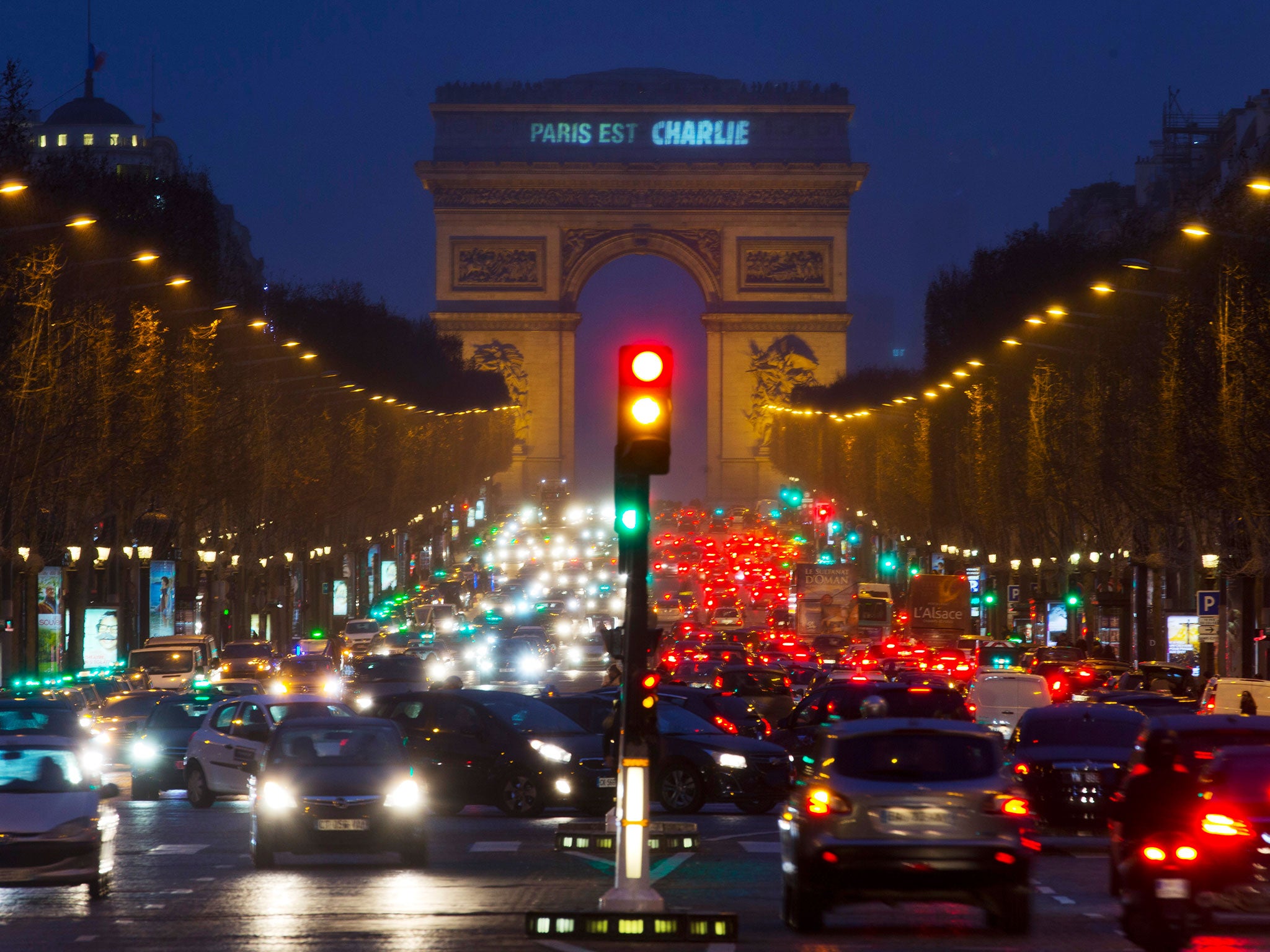France details nine ways to spot jihadi recruits — including kids who buy new clothes and stop eating baguettes
Chart is part of slick new 'Stop Djihadisme' programme, which also features graphic videos and websites

Your support helps us to tell the story
From reproductive rights to climate change to Big Tech, The Independent is on the ground when the story is developing. Whether it's investigating the financials of Elon Musk's pro-Trump PAC or producing our latest documentary, 'The A Word', which shines a light on the American women fighting for reproductive rights, we know how important it is to parse out the facts from the messaging.
At such a critical moment in US history, we need reporters on the ground. Your donation allows us to keep sending journalists to speak to both sides of the story.
The Independent is trusted by Americans across the entire political spectrum. And unlike many other quality news outlets, we choose not to lock Americans out of our reporting and analysis with paywalls. We believe quality journalism should be available to everyone, paid for by those who can afford it.
Your support makes all the difference.The French government has launched a campaign which appears to warn parents that their children may have been recruited by terrorists if they stop eating baguettes.
It comes amid increasing worry about the radicalisation of young French men, after an eight-year-old boy was questioned by police for failing to observe a nationwide two-minute silence and said: “I am not Charlie. I am with the terrorists”.
The advice lays out nine ways to spot that a child seems to have been radicalised.
They are wary of their old friends, who they now consider “impure”:

They reject members of their family:

They quickly change their eating habits:

They abandon school or professional training because they see the work as part of the plot:

They stop listening to music because it is a diversion from the “mission”:

They don’t want TV or go to the cinema, because they might see banned images:

They stop taking part in sporting activities, because they are mixed gender:

They change their normal clothes, particularly girls, for clothes that cover their body:

They assiduously frequent social networks of radical or extremist character:

It says that they also withdraw into themselves, keep themselves from social occasions, reject all forms of authority or the collective life.
The chart does note that: “Each situation is specific, the identification of one or more of these signs does not imply systematic radicalisation.”

The chart was launched alongside a newly built website and programme that together.
The site was launched with a slickly produced video that shows clips of graphic executions and crucifixions. It displays the kind of messages that jihadists supposedly tell young recruits — and then displays the "truthful" message in front of the horrifying video.
One of the messages shows colour pictures of IS fighters and says "They say to you: 'sacrifice yourself at our side, you defend a just cause'". The screen then turns to black and white pictures of people wearing hoods and says: "In reality, you will discover hell on earth and die alone, a long way from your home".
It is being run by the French Interior Ministry, and the site is hosted online at stop-djihadisme.gouv.fr. Clicking on the video shows the graphic and horrifying footage automatically, soon after it is launched.
The video also features pictures of the kinds of posts that the site has been set up to combat. It includes Facebook and YouTube posts of supporters of IS and other groups.
The programme has promoted a hashtag, #stopdjihadisme, that has mostly been used to ridicule it on Twitter. The hashtag trended in France yesterday, but was helped by posts mocking the recommendations, particularly those about clothes and food.
One user wrote, in French: "the government invites you to be wary of those that don't eat baguettes".
The site has a similar approach and feel to Think AgainTurn Away, a site set up by the US Department of State to try and discourage potential terrorists from joining groups such as Isis.
Like Stop-Djihadisme, it seeks to combat propaganda by posting tales of the horror of such groups, as well as spreading its own information about the weakness of Islamic State and others.
The account came out in support of the French programme.
Join our commenting forum
Join thought-provoking conversations, follow other Independent readers and see their replies
Comments